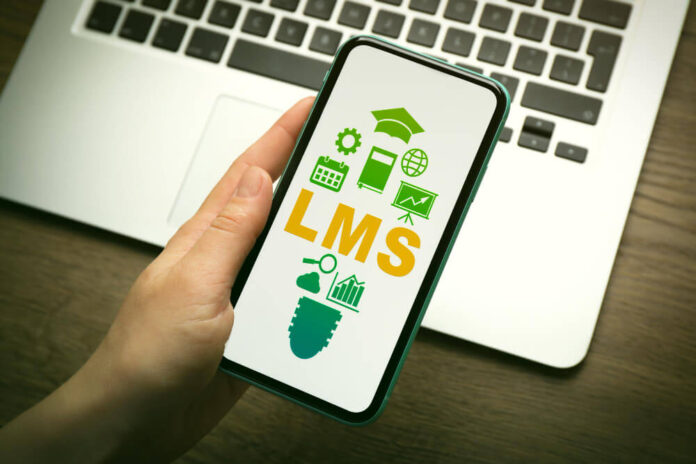Implementing a Learning Management System (LMS) can be a game changer for educational institutions and businesses alike. It streamlines the learning process, making education more accessible and effective.
However, the journey to a successful LMS implementation is often fraught with challenges. From technical hurdles to resistance to change, these obstacles can hinder the full utilization of an LMS. In this article, we’ll explore practical strategies to overcome some of these challenges.
Whether you’re just starting out or are looking to improve your existing system, these insights will guide you toward a smoother and more effective LMS implementation.
Common LMS Implementation Challenges and How to Overcome Them
#1: Resistance Towards Change
One hurdle in implementing an LMS is employees’ resistance to change. It is natural for people to resist technological changes. Some may feel comfortable with existing training methods. They may feel worried about their job security if the LMS replaces their role.
Communication regarding the benefits of the LMS is crucial to address this challenge. Students can quickly get confused when first introduced to LMSes.
They can have queries like Thinkific vs Teachable, which is better, how to compare different LMS software, etc. Demonstrating how it can simplify their work processes, enhance their skills, and present growth opportunities will help alleviate concerns and fears.
#2: Insufficient Leadership Support
To ensure implementation, having support from leadership is vital. With buy-in from management, allocating resources, and encouraging employee participation, achieving desired outcomes can become manageable.
To tackle this challenge, educating and engaging leadership from the start is crucial. Share examples of business cases where the advantages of an LMS were apparent. These advantages include cost-cutting, better training efficiency, and improved employee productivity.
Showcasing successful case studies from organizations and demonstrating an LMS’s return on investment (ROI) can also help gain leadership support.
Another obstacle faced when implementing an LMS is the need for a user interface design. If the LMS is difficult to navigate or has a layout, it may lead to user frustration and disengagement. To address this challenge, choosing an LMS with a user-friendly interface like Thinkific, Teachable, Kajabi, etc, is essential.
#4: Offer Training for Users Who May Require Support.
There needs to be more training and support for LMS implementation. If employees don’t receive training or have access to support, they might struggle to comprehend and fully utilize the potential of the LMS.
Overcome this challenge effectively by offering employee training & development programs for all users involved in the implementation process.
It is best to conduct training sessions, video tutorials, and detailed documentation to ensure user training and comprehension of the LMS.
#5: Integration with Existing Systems
Integrating an LMS with existing systems like HRIS or CRM can present complexities. Challenges for data migration, system compatibility, and technical obstacles may arise during integration.
Involving IT experts from the stages of implementation is advisable to overcome these challenges. Conducting an assessment of existing systems and identifying integration points will be crucial.
Close collaboration with IT teams will ensure an integration process while rigorous testing verifies data accuracy and system functionality.
#6: Insufficient Content and Course Development
An LMS without captivating content fails to engage users. Content creation and course development are necessary for user adoption of the LMS. To tackle this challenge, prioritize content creation by collaborating with subject matter experts.
Incorporate multimedia elements such as videos, interactive quizzes, and gamification to make the learning experience engaging and enjoyable. Encouraging user-generated content and providing course creation tools promotes knowledge sharing and collaboration.
#7: Insufficient Data Analysis and Reporting
One of the benefits of using a Learning Management System (LMS) is its capability to monitor and analyze learner data. However, if an LMS lacks data analysis and reporting features, its effectiveness may be limited.
Select an LMS that offers data analytics and reporting capabilities to resolve this issue. This way, organizations can gain insights into learner progress, performance, and engagement. With the help of these insights, it is easy to identify regions with knowledge gaps and assess training programs’ effectiveness.
Final Note
While implementing an LMS can bring advantages to organizations, it does come with challenges. We have highlighted some of the common challenges that often come with this and how you can overcome them.
It is important to remember that effective communication channels, training initiatives, and ongoing support play a role in overcoming challenges while promoting the adoption of an LMS within any organization.
















